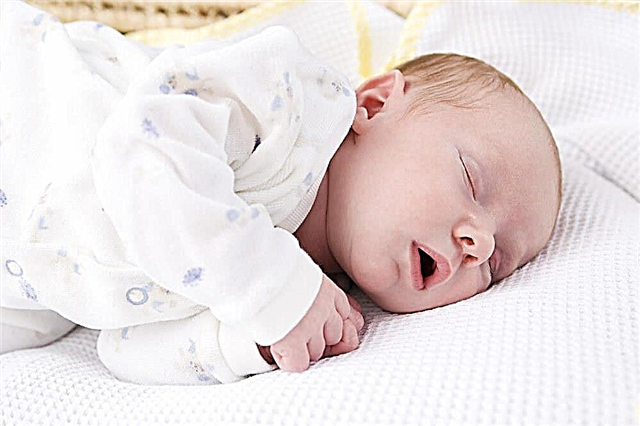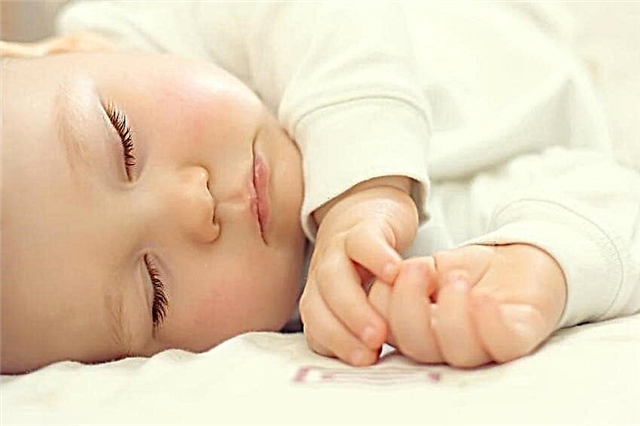
The pool is very popular with both adults and children. Swimming can improve your body and health if you approach your pool activities wisely. Some parents think that this is the best physical activity for a child, others doubt and worry about colds and other possible problems. Let's take a look at how the pool is useful for children of preschool and school age, as well as whether there is harm from swimming.

What's the use?
Nowadays, many parents choose swimming for their children, because this kind of sport is good for health and physical development in general. Consider the main advantages of a pool for children.
- During swimming, there is no axial load on the joints and spine, because the body is horizontal. This is especially true in childhood, when it is important to prevent harmful effects on the growing body. Strength training is contraindicated for children, and school physical education is often not enough to strengthen muscles, ligaments and tendons. At the same time, classes in the pool are considered an excellent option for children.
- There are no age restrictions for swimming. The pool will be useful for both the smallest children and schoolchildren. There are infant swimming groups in which babies are engaged with their mothers. Children under 3 years old must visit the pool with their parents, and from 4-5 years old, groups of preschoolers are recruited in most pools, whom the coaches teach to swim properly. From 7-8 years old, a child can already attend a sports school and start swimming professionally.
- Swimming is an excellent aerobic exercise. During training in the pool, blood flow is activated, the functioning of the cardiovascular system improves. This physical activity also has a positive effect on the respiratory and nervous system. Regular exercise increases endurance and generally strengthens the child's body. If the child has a fracture or some other injury, swimming will help him recover faster.
- If the child is overweight, visits to the pool can eliminate this problem quickly and without any difficulty. Swimming promotes weight loss without harm, but for this exercise must be constant and regular.
- Classes in water, the temperature of which is + 29 + 32 degrees (it is this temperature regime that is usually maintained in children's pools) are a hardening procedure. This periodic cooling helps to strengthen the child's immune system.
- Through visits to the pool you can adjust the child's day regimen. After training, appetite and sleep improve, which has a positive effect on both training and the daily routine in general. If the child has hyperactivity, then swimming will help normalize the nervous system, allowing excess energy to be spent. In the event of overwork at school, water activities will divert attention and eliminate symptoms of fatigue.
- Swimming is important for safety. Learning to swim from an early age will help to avoid risks to life in the future, for example, if he accidentally falls into the water while resting.


Is there any harm?
As with any physical activity, there are certain contraindications for swimming, in the presence of which a visit to the pool can be harmful. First of all, we are talking about various serious diseases in which you should not go swimming, for example, skin diseases, heart defects or epilepsy.
If the child has health problems, then the issue of classes in the pool should be resolved with the attending physician individually.
And even if the child does not complain about health, before training, it should be shown to the doctor to make sure there are no hidden problems... A certificate stating that the future swimmer is healthy is required in most pools.


Debunking parenting concerns
Fears and fears of parents, for example, can become an obstacle to visiting the pool in childhood.
- You can catch some kind of infection in the pool which will enter the child's body through water or in public places. Indeed, after swimming lessons, the child may "catch" fungus, warts or other diseases. This can be easily avoided if you adhere to hygienic preventive standards. It is important to warn the child not to swallow pool water. You should also prepare a hat, slippers, glasses, a washcloth, a towel for classes - all these items should be individual.
- Because of the cool water, the child will often catch colds. Doctors assure that water procedures, on the contrary, will only have a positive effect on children's immunity, increase resistance to viral infections and reduce the frequency of ARVI. For swimming to become at the same time hardening, gradualness and caution are important. The first sessions should be short, wet bathing suit after the pool should be removed as soon as possible, and hair should be dried.
- Chlorinated water will worsen baby's skin and cause allergies.... You can avoid the harmful effects of chlorine even at the stage of choosing a pool for training, since many modern pools use other types of disinfection. If the child is already going to the place where the water is chlorinated, you need to wash thoroughly in the shower after the swimming lesson so that the bleach is completely washed off the skin.
- Due to the active load, the muscles of the shoulder girdle will develop too actively... This fear is often found among the parents of girls, because the massive top does not make the female figure more attractive. Indeed, while swimming, the shoulders and arms work quite actively, which can change the shape of the figure with very frequent and prolonged training.
If you do not plan to send your daughter to big sports, just moderate the load, and there will be no imbalances in the development of the girl's body.


See the video for the benefits of visiting the pool.



